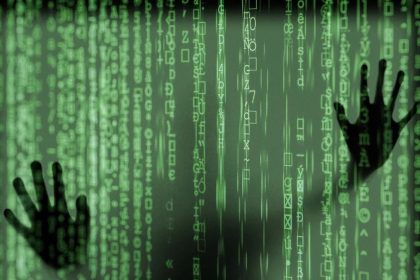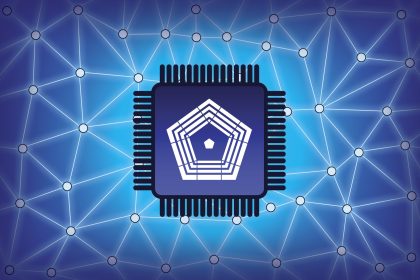Cyberattacks Anger Lawmakers As They Prepare a US Response

WASHINGTON — Lawmakers who listened to Defense Department officials explain recent cyberthreats Friday gave unmistakable hints that some kind of large-scale U.S. response is coming soon.
The hearing of the House Armed Services subcommittee on cyber, innovative technologies and information systems assessed how much of a risk from hackers the United States faces.
“We are in a period of strategic competition,” said Gen. Paul M. Nakasone, commander of the U.S. Army Cyber Command.
Defense analysts name Russia, China, North Korea, Iran and Syria as some of the greatest cyberworld adversaries. Other risks come from what they call “non-state actors,” which normally refers to criminals who use ransomware to get money.
Ransomware is computer code launched by hackers to encrypt an organization’s software, thereby making it unusable. The hackers then demand money in exchange for unlocking the files.
The most devastating incident mentioned during the congressional hearing was the May 7 ransomware attack against Colonial Pipeline that shut down the nation’s biggest fuel pipeline, causing gasoline shortages and higher prices in 11 states. Service resumed on the pipeline this week after the company paid hackers using the name DarkSide nearly $5 million in cryptocurrency.
In another example, the Washington, D.C. police department is negotiating with hackers to avoid having them release confidential police files on the Internet. Thieves who stole the information are demanding a $4 million ransom.
In both cases, the hackers have been traced to gangs of sophisticated computer programmers. Other times, Russian government agents were blamed, such as when they tapped into sensitive files of U.S. agencies in the 2020 SolarWinds attack or sought to use the Internet to influence the 2016 presidential election.
In another case, the U.S. Defense Department accused the Chinese military of hacking attacks intended to steal American technology and potentially disrupt the economy.
In March, Microsoft Corp. warned the world that Chinese hackers using the name Hafnium infected tens of thousands of Microsoft Exchange servers, most commonly used by small to mid-sized businesses.
“Cyber security is national security,” Nakasone told the congressional subcommittee.
Further evidence of the government’s renewed cybersecurity emphasis came from an executive order President Joe Biden issued on May 12. It requires more information-sharing about potential hacking attacks among government agencies and greater outreach to organize public-private joint ventures.
“Incremental improvements will not give us the security we need,” the executive order says. “Instead, the federal government needs to make bold changes and significant investments in order to defend the vital institutions that underpin the American way of life.”
Biden is proposing $2.1 billion for cybersecurity in his 2022 federal budget.
Mieke Eoyang, a deputy defense secretary for cyberpolicy, said at the congressional hearing that identifying computer-based threats is difficult because the attacks are launched anonymously from many places in the world.
“It’s always a challenge to pull that apart and determine who are the non-state actors and who are the state actors,” she said.
She also said the U.S. government is unlikely to succeed alone. Instead, cybersecurity requires assistance from allies and corporations most likely to be targeted.
Members of the subcommittee mentioned “strategy,” “tactics” and “funding” as the key issues to the U.S. response before moving to a closed-door classified discussion.
None of them expressed opposition to a bigger Defense Department cybersecurity initiative.
Rep. James R. Langevin, D-R.I., said that until recently, skeptics of the Defense Department downplayed cyberthreats against the U.S. government and economy.
“I hope the last year has changed those perspectives,” Langevin said.
Rep. Mike Gallagher, R-Wis., said he hoped the federal government would set aside cybersecurity funds that match the dangers to the United States.
“I think it’s safe to say that challenge is only going to grow in the short-term,” Gallagher said.























